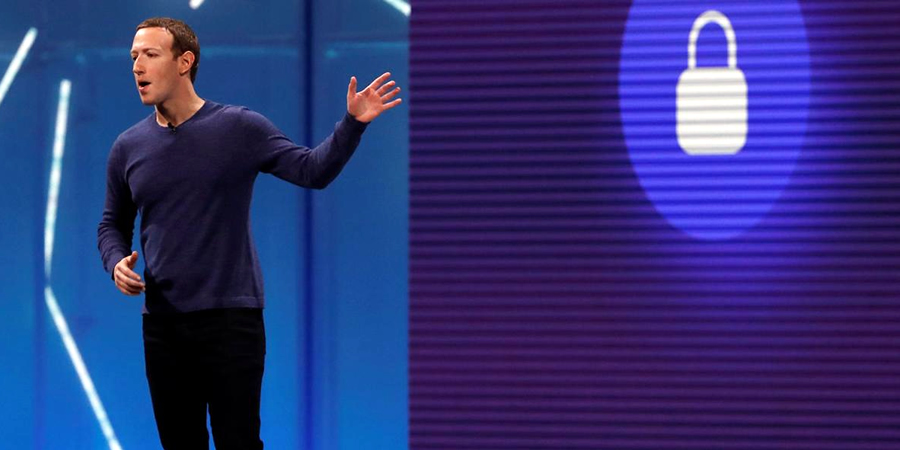Salam Yamout, ISOC Middle East Regional Director has dismissed claims from Facebook CEO and founder Mark Zuckerberg that the internet needs to be regulated.
Zuckerberg has been under-fire in the last number of years over its role in the handling of personal data, Russian meddling in US elections and the recent livestreaming of terror attacks in Christchurch, New Zealand.
He is now calling for governments to intervene and work together in an effort to regulate the internet. However, Yamout said that any regulation would fracture the internet and would lead to a less resilient.
In a statement, Yamout said, “We continue to see calls from governments, countries, and now Mark Zuckerberg to ‘regulate the Internet.’ It’s important to note that ‘Internet regulation’ is a loaded and misguided term. In reality, what really needs’ to be addressed are issues of anticompetitive behavior, content moderation, and the handling of personal data. None of these issues takes place ‘on the Internet.’ Instead, they occur at the applications’ layer of the Internet – what we refer to as the World Wide Web. So essentially, Zuckerberg’s call to regulate ‘the Internet’ is incorrect.
However, there are governments and others that are also looking to regulate the infrastructure of the Internet – which is something the Internet Society is strongly against. Regulation could have unintended consequences. It will not succeed because the Internet is based on voluntary agreements between networks. It is based on relationships of trust and on the ability of networks to talk to one another without constraints.
Even if a network is constrained, controlled or regulated in one country, the other networks will continue to connect to each other regardless. The more there is a push to try to make the Internet fit within national borders or to make it comply with one nation’s regulatory thinking for the sake of maintaining some sense of control, the more we risk sabotaging the diversity that is critical for its resilient and global nature. A regulatory race in the Internet can lead to wrong incentives that will result in a fractured, less resilient Internet.”











